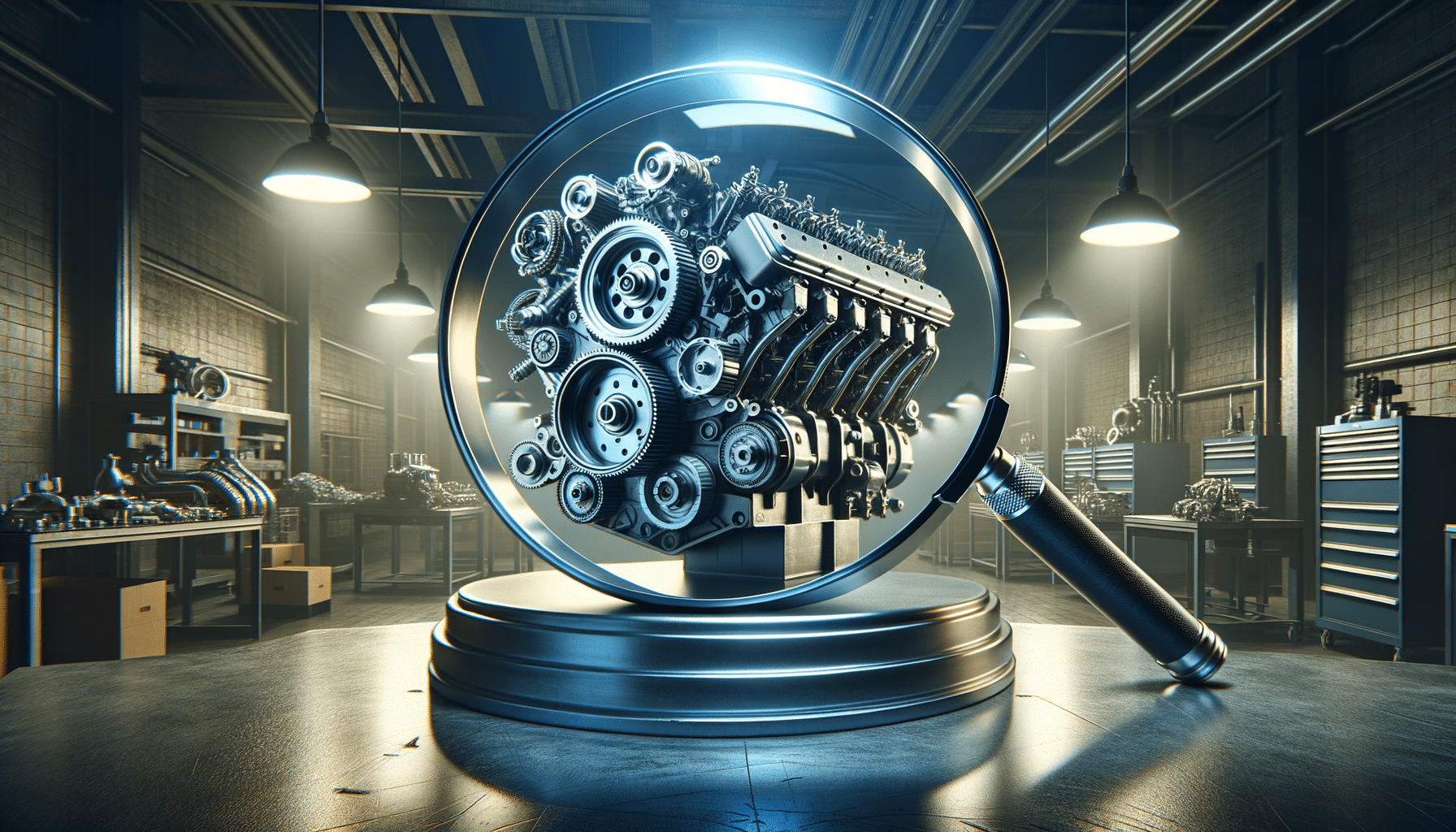
Buying Insights for Remanufactured Engines
Introduction to Remanufactured Engines
In today’s automotive market, the demand for cost-effective and environmentally friendly solutions is ever-growing. Remanufactured engines offer an appealing alternative to new or used engines, providing both economic and ecological benefits. Understanding the nuances of purchasing remanufactured engines can help car owners and mechanics make informed decisions that ensure long-term reliability and performance. This article delves into the essential insights for buying remanufactured engines, guiding readers through the complexities of this valuable option.
Understanding the Remanufacturing Process
The remanufacturing process is a meticulous procedure that restores used engines to like-new condition. This involves disassembling the engine, cleaning all components, and replacing worn or damaged parts with new or refurbished ones. The process typically includes:
- Thorough inspection of all engine components
- Replacement of critical parts such as pistons, rings, and bearings
- Testing and validation to ensure performance standards
By understanding this process, buyers can appreciate the value and reliability that remanufactured engines offer. Unlike simple repairs, remanufacturing involves a comprehensive overhaul, ensuring that the engine meets stringent quality standards. This not only extends the lifespan of the engine but also contributes to environmental sustainability by reducing waste and conserving resources.
Evaluating the Cost-Effectiveness
One of the primary reasons consumers consider remanufactured engines is their cost-effectiveness. These engines provide a significant price advantage over brand-new engines while offering comparable performance. When evaluating the cost-effectiveness of remanufactured engines, consider the following factors:
- Initial purchase price compared to new engines
- Long-term savings on maintenance and repairs
- Warranty coverage and support from the manufacturer
Remanufactured engines often come with warranties that rival those of new engines, providing peace of mind for buyers. Additionally, the reduced initial cost allows for budget flexibility, making it an attractive option for those looking to maintain their vehicles affordably without sacrificing quality.
Quality Assurance and Reliability
Quality assurance is a critical aspect when considering remanufactured engines. Reputable manufacturers implement rigorous testing procedures to ensure that each engine meets or exceeds original equipment manufacturer (OEM) specifications. This includes:
- Performance testing under various conditions
- Compliance with industry standards and certifications
- Comprehensive inspection protocols
By choosing engines from well-regarded remanufacturers, buyers can trust in the reliability and durability of their purchase. It’s essential to research and select manufacturers with a proven track record of excellence in remanufacturing to avoid potential pitfalls associated with lower-quality options.
Environmental Impact and Sustainability
In addition to economic benefits, remanufactured engines contribute positively to environmental sustainability. The process of remanufacturing conserves raw materials and reduces energy consumption, minimizing the carbon footprint associated with manufacturing new engines. Key environmental benefits include:
- Reduction in landfill waste by reusing engine components
- Lower energy requirements compared to new engine production
- Conservation of natural resources through material reuse
For environmentally conscious consumers, choosing a remanufactured engine aligns with sustainable practices and supports the circular economy. By opting for remanufactured engines, buyers can play a part in protecting the environment while enjoying the benefits of a reliable and cost-effective engine solution.
Conclusion: Making an Informed Decision
Purchasing a remanufactured engine is a decision that offers numerous benefits, from cost savings to environmental sustainability. By understanding the remanufacturing process, evaluating cost-effectiveness, ensuring quality assurance, and considering the environmental impact, buyers can make informed choices that align with their needs and values. As the automotive industry continues to evolve, remanufactured engines stand out as a practical and responsible option for those seeking to enhance their vehicle’s performance without compromising on quality or sustainability.


